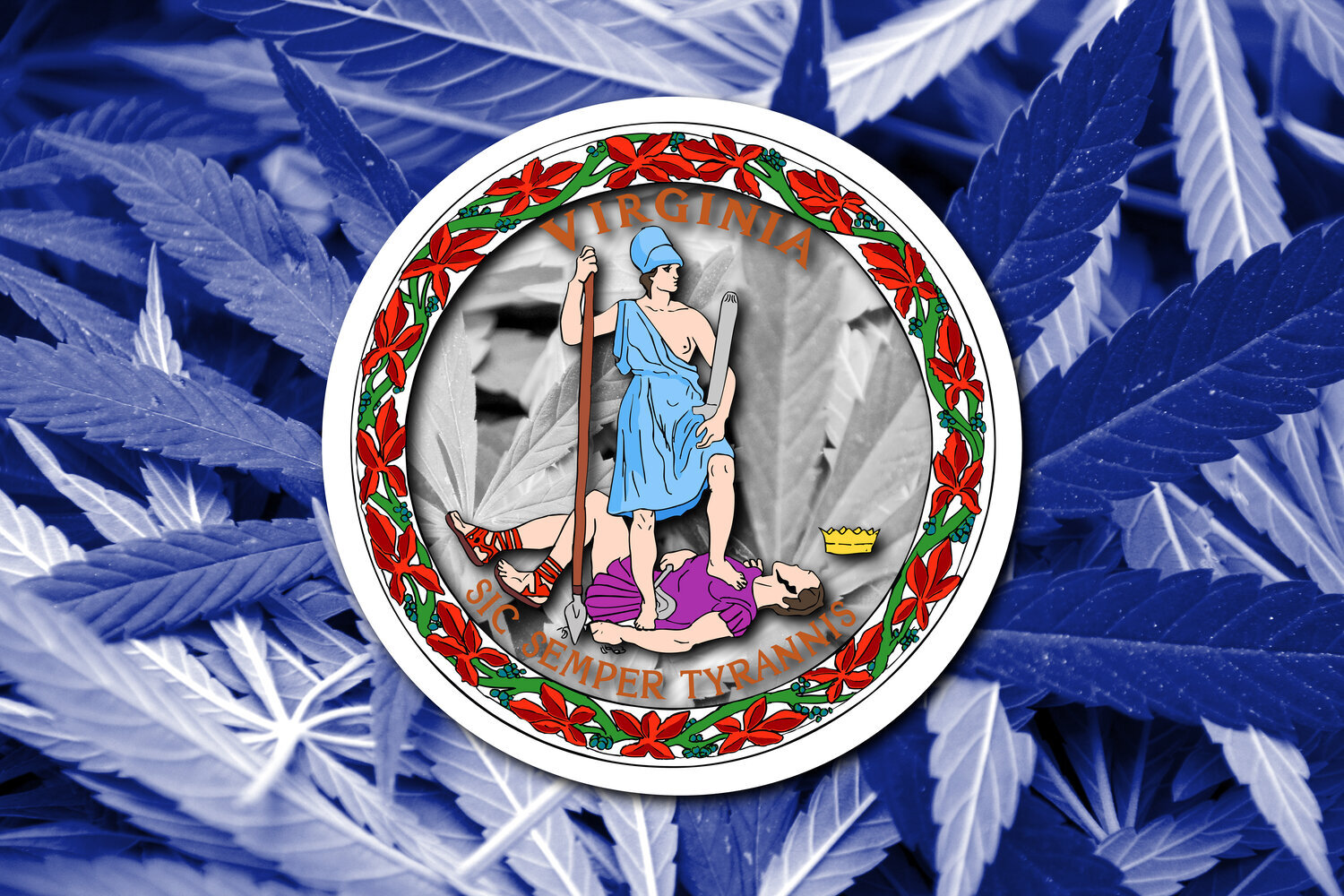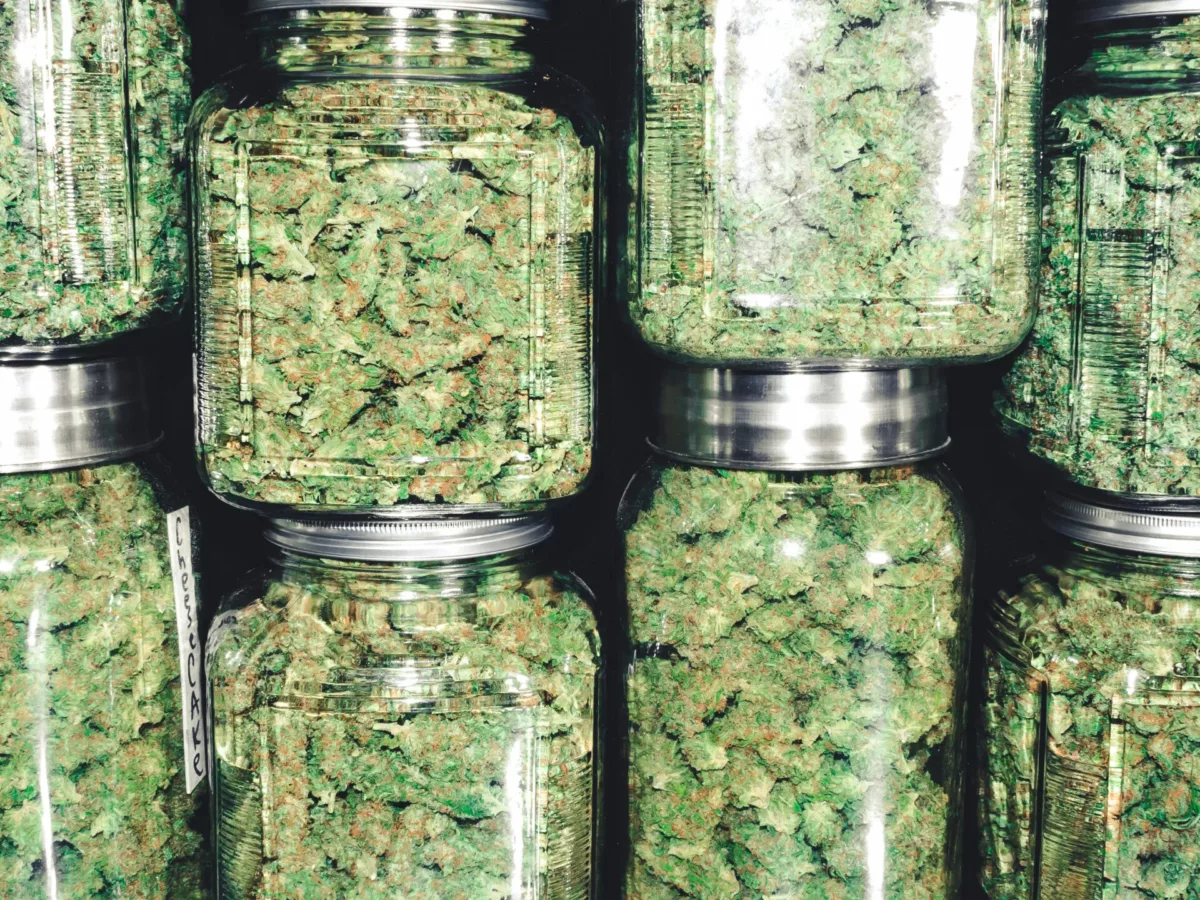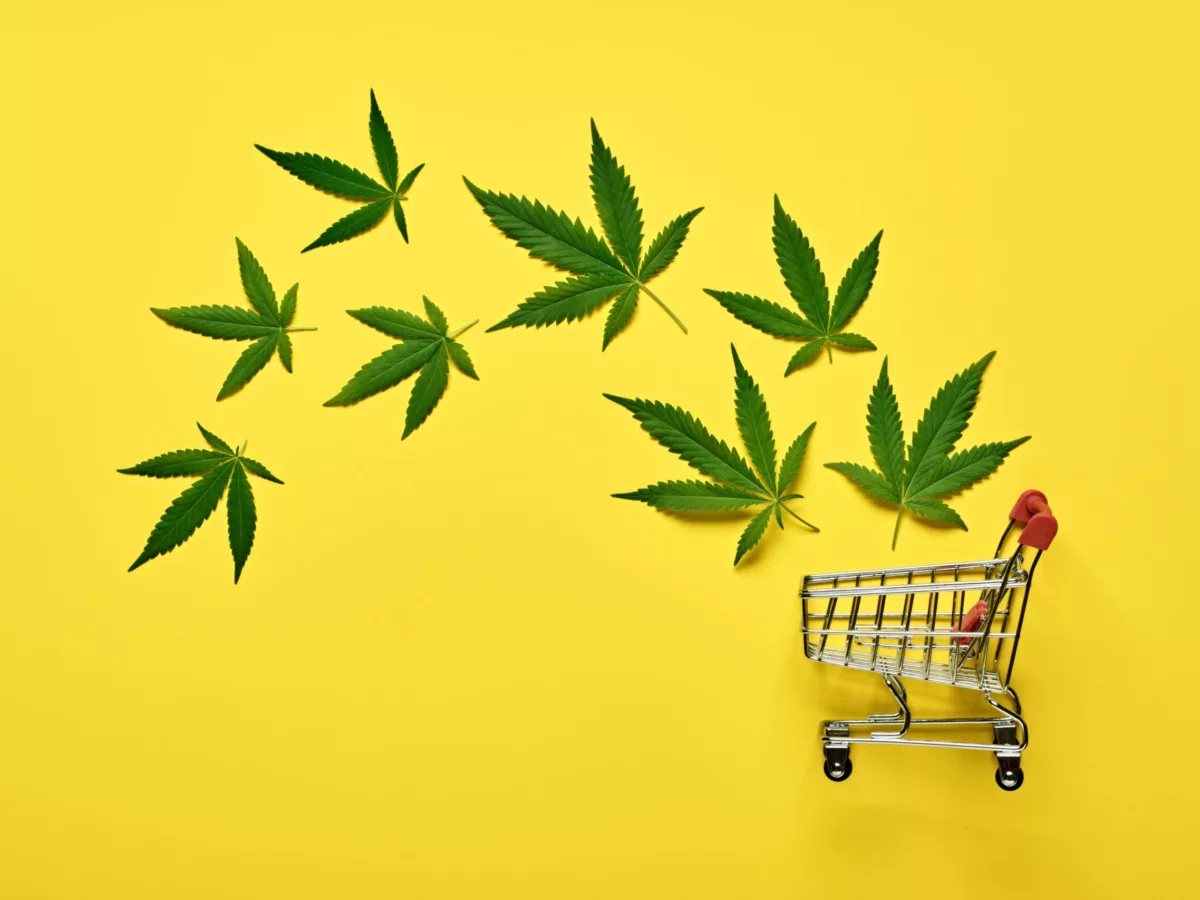On Jan. 13, Governor Northam released a 400-page bill outlining a process to legalize recreational adult cannabis use in Virginia by 2023. The following evening, ACLU Virginia and Marijuana Justice hosted a discussion called, “Legalize Marijuana Right,” which featured local and national speakers from the cannabis space. While the online forum was planned before Northam’s legislation dropped, the participants hustled to carry out an initial bill analysis in time for the conversation.
One central issue raised was that this proposal would keep cannabis illegal, though decriminalized, for the next two years, rather than immediately ending prohibition. The speakers expressed concerns with various other aspects of Northam’s bill.
“The devil is in the details,” moderator and ACLU Virginia Legislative Director Ashna Khanna said.
The second moderator was Chelsea Higgs Wise, Executive Director of Marijuana Justice. Other participants included advocates, cannabis industry founders, cultivators, a doctor and Iyana Scroggins, a youth leader with RISE For Youth, a Richmond nonprofit “committed to dismantling the youth prison model.” RISE for Youth’s Executive Director Valerie Slater was also present.
Slater said the Governor’s bill “creates new crimes for children in Virginia,” and pointed out that “Black and Brown children” are already disproportionately policed. Among several new cannabis-related penalties introduced, the bill proposes juveniles face a fine for cannabis possession of up to $200. It states judges could also “require the accused to enter a substance abuse treatment or education program or both, if available.” Currently, a juvenile’s first drug offense in Virginia leads to drug testing, and possible treatment and education.
“Cannabis is used to criminalize young people,” Kassandra Frederique, executive director of the national Drug Policy Alliance, said. She said some youth would not be able to pay the proposed Virginia fine, which would lead to further criminal justice involvement.
Scroggins shared this message for the Governor and Virginia legislators: “You are wrong. I know adults don’t like to hear it. But you’re wrong. Imagine if this was your child [or] your grandchild?”
Another big focus of the conversation was reinvestment in the people harmed most by the War on Drugs. Northam’s bill seeks to impose a 21% tax on retail cannabis, which, when combined with local and sales tax, could reach close to 30%. The panelists emphasized that this money should benefit impacted communities and individuals with social equity licenses. Within Northam’s plan, social equity licenses go to people personally affected by cannabis criminalization, among others, and would offer priority applications and, possibly, reduced fees.
Berner, CEO and co-founder of Cookies CBD, said it’s very important to give social equity applicants money and support—not just licenses—when they start a new business.
Frederique made a similar point: “These folks will give you a key with no apartment and say that, we housed you… one of the things that’s important to figure out [is], how to get capital for our folks?”
Northam’s bill plans for cannabis net profits to fund PreK education, a Cannabis Equity Reinvestment Fund, substance misuse and treatment programs, and public health initiatives. It would start “a low-interest business loan program for qualified social equity applicants,” create equity-focused scholarships and grants, and expunge some past cannabis convictions, among other measures.
Dr. Brenda Walker, physician and hemp farmer; Mike Thomas, cultivator and founder of Grow Your Own; and Marijuana Justice Board Member and organizer Antonio Dowe also participated in the two-hour event Thursday evening.
The panel discussed many topics including medical cannabis, driving with cannabis and the Virginia ABC, which would take regulatory control of the cannabis market under the new proposal (the panelists generally disapproved of this plan). A few resounding messages included the importance of ending cannabis prohibition; “no new crimes,” especially for youth; and investments in the Virginians and communities most impacted by the War on Drugs.
Image by Lukasz Stefanski via Shutterstock






